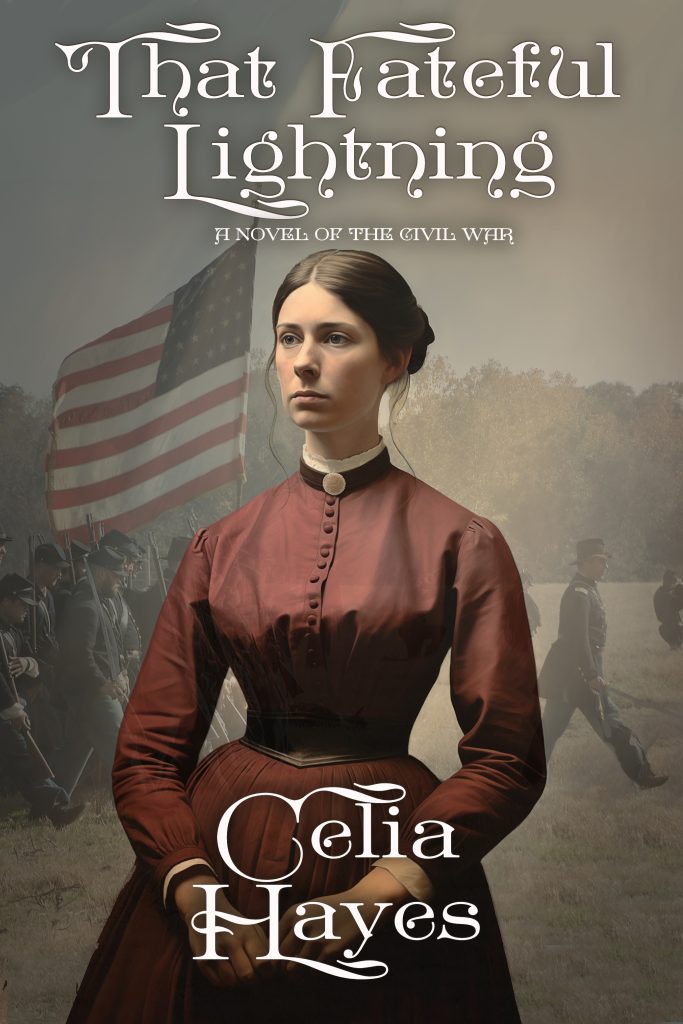So, it’s come to me having to think about the next book project. We’re going to wrap up the Luna City chronicles in the next few months, although I will likely go and do a kid’s adventure series featuring some of the characters as children in the 20s and 30s. I think I can probably do one more collection of Jim Reade and Toby Shaw adventures in the time of the Republic of Texas. Likely, I could do one more adventure with the ancestors of the Vining and Becker families during the Revolution, but right now that prospective project seems more like a grim obligation to fill out the series than anything else. A writer has to feel some enthusiasm embarking on a new book project – it also helps if the enthusiasm lasts through the first draft.
In a way, I’m circling back to my very first historical novel – the one which doesn’t have a single thing to do with Texas. But it has proved enduringly popular and is the only one of my books other than the Jim and Toby stories that I can unequivocally recommend to tween and teen readers. I had an idea – to create a wagon-train adventure again, but with a tween protagonist, experiencing a coming-of-age adventure-journey. Perhaps extend the adventure to the initial discovery of gold at Sutter’s mill, and the wild and raucous days in the gold mines where women and intact families were so rare as to be practically an endangered species … I already have most of the necessary references in house, which saves on research time. Another trilogy, perhaps – but each book separate and stand-alone as a separate adventure. Make the series about a close-knit and affectionate family, like the Ingalls family, of the Little House series. That should have the charm of the unusual, given the current trend in YA for flamingly dysfunctional families. Offer adventures which subtly demonstrate the values of courage, accepting responsibility, and problem-solving … yes, I could have fun with this, and make it a good, engaging read – like Harry Potter, although I’ll likely never be able to buy a couple of castles out of my royalty payments. For some peculiar reason, it seems more natural to me to do the story in first person voice. Which can be fun – I can try and model the main character/narrator voice after a combination of Jaimie, from The Travels of Jaimie McPheeters, Huckleberry from Huckleberry Finn and Mattie from True Grit – just make the reading level and vocabulary a bit more comfortable for modern tween and teen readers. So … off we go, on another book adventure!


Recent Comments